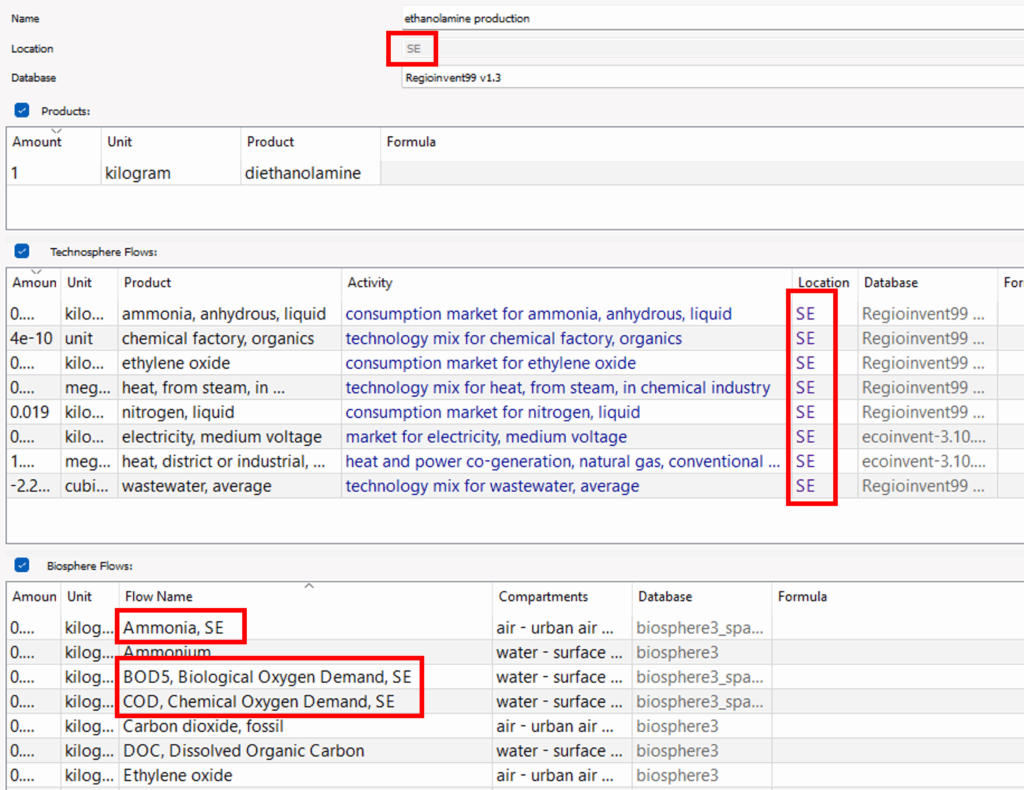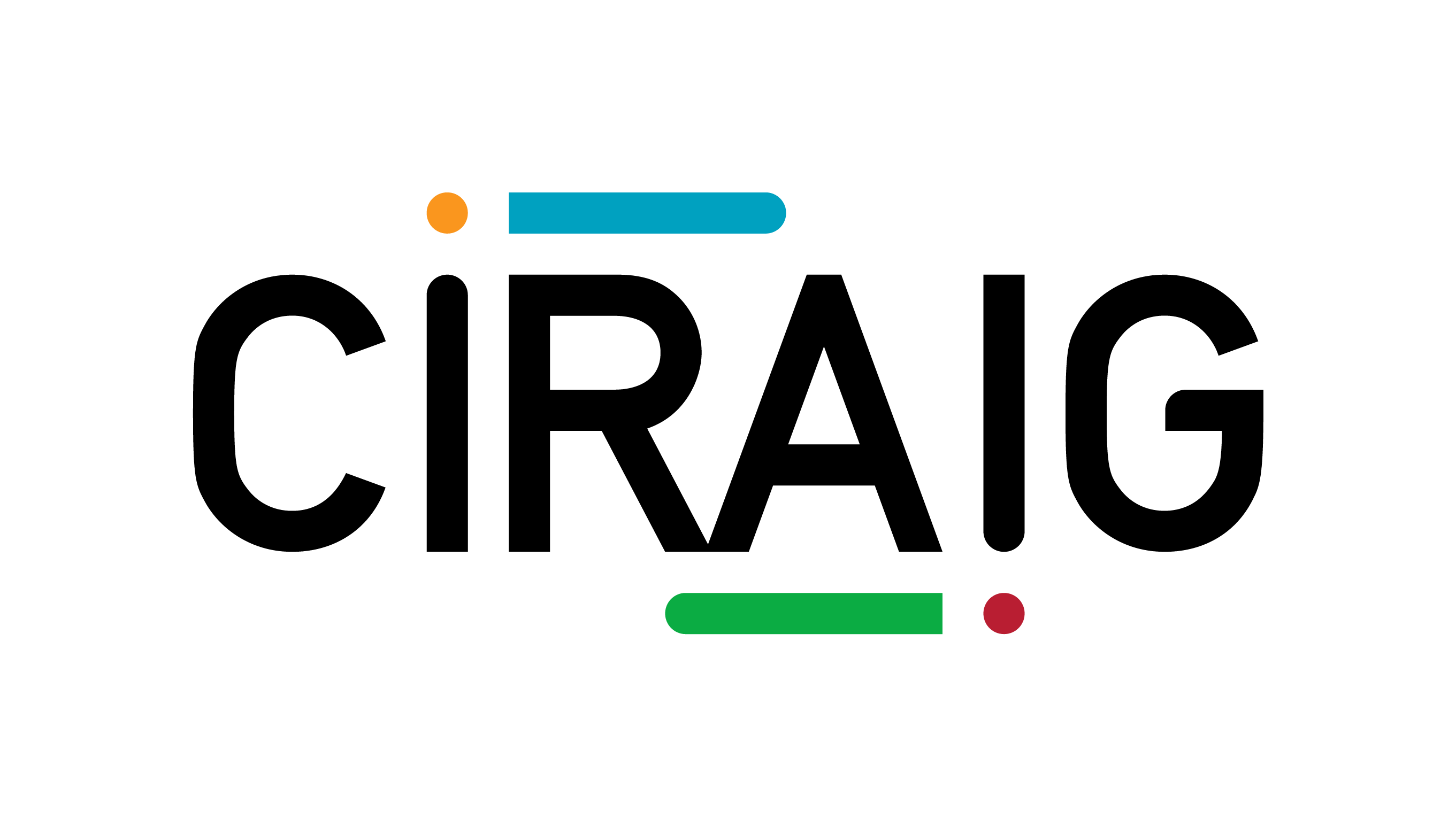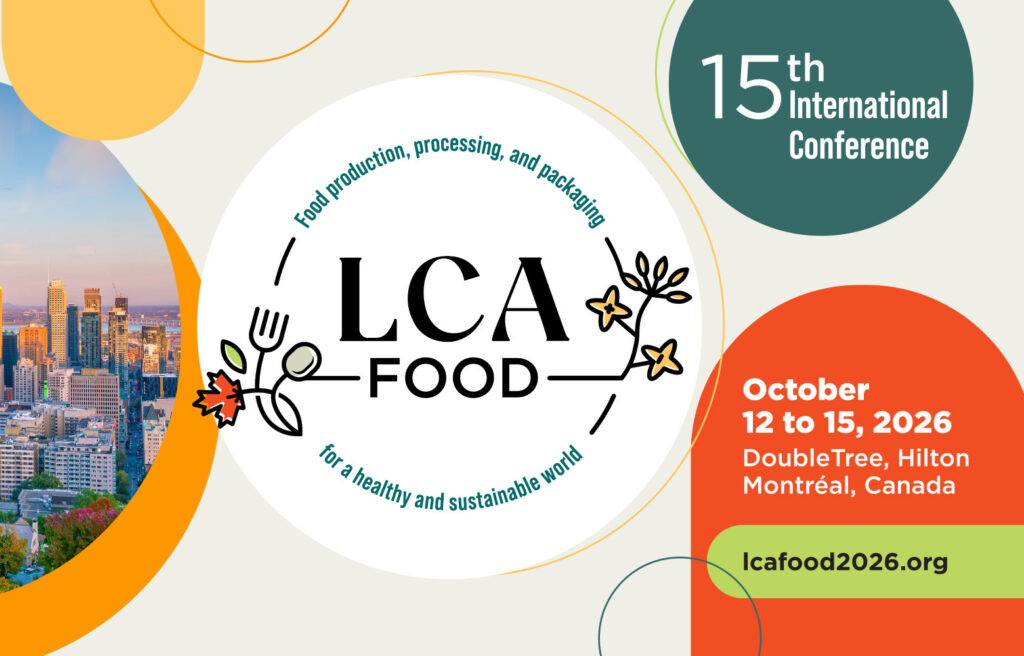
Example of a process regionalized by regioinvent
Regioinvent is a completely free and open-source project. An ecoinvent license is needed to access the ecoinvent database. You can access the code, and the instructions and the methodology directly on GitHub. This project will have regular updates, improving methodological aspects and being compatible with more ecoinvent version and LCIA methods.





